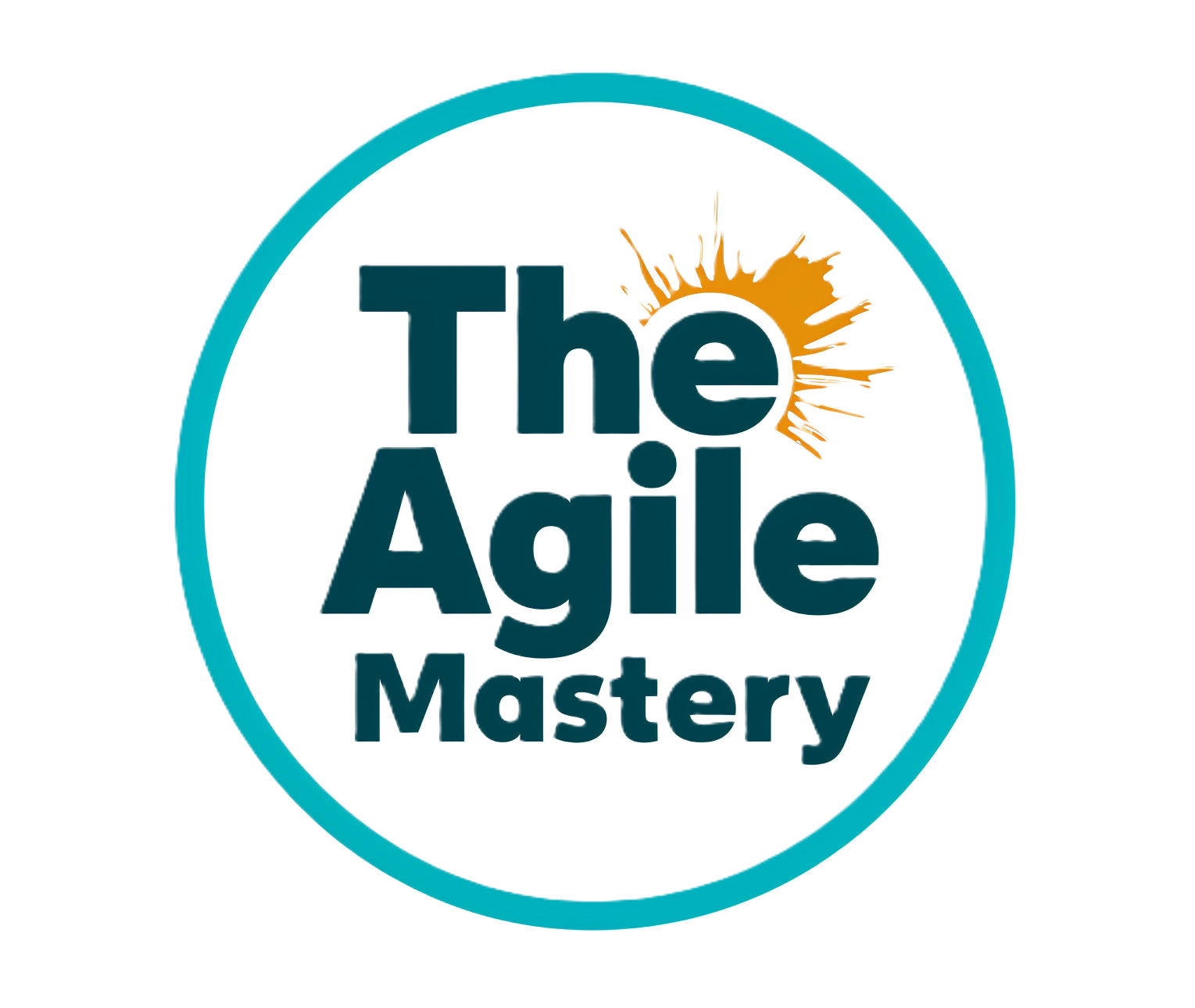Why Do We Usually Use the Fibonacci Sequence for Story Points in Agile? In Agile development, the Fibonacci sequence is a widely adopted method for estimating story points. The Fibonacci sequence is a series of numbers where each number is the sum of the two preceding ones, typically starting with 0 and 1. The sequence […]
Tag: Agile
Guide to Estimation
A Comprehensive Guide to Estimation in Agile In Agile development (and Scrum in particular), accurate estimation is important for effective planning and delivery. Estimation helps teams predict how much work can be accomplished within a given timeframe and aids in prioritizing tasks. This guide will lead through the various methods and techniques used in Agile […]
Definition of Ready
Understanding the Definition of Ready In Agile development, clear and effective communication is paramount to ensure that all team members are aligned and understand what needs to be accomplished. One essential tool that helps Agile teams achieve this clarity is the Definition of Ready (DoR). While the Definition of Done (DoD) sets the criteria for […]
…Delivering Complex Products In the dynamic world of software development, ensuring quality, consistency, and timely delivery of complex products requires more than just coding expertise and technical knowledge. It necessitates a structured approach to collaboration, clarity in objectives, and rigorous adherence to agreed-upon standards. One of the key tools that highly effective teams use to […]
In the realm of Agile methodologies, self-managing teams are drivers of innovation, collaboration, and efficiency. These teams, driven by a shared sense of ownership and autonomy, have the power to elevate projects, surpass expectations, and adapt to change with remarkable agility. Building and nurturing a self-managing team is not just a goal; it’s a journey […]
Metrics in Scrum and Agile Methodologies
In the world of Scrum and Agile methodologies, metrics are crucial for providing insights into the performance, progress, and health of projects. These metrics transcend mere numbers; they offer valuable information that empowers teams and stakeholders to make informed decisions, optimize processes, and drive continuous improvement. In this comprehensive exploration, we delve into the realm […]
In today’s dynamic business landscape, the demand for agility and adaptability has driven the adoption of Agile methodologies like Scrum and Kanban. While these frameworks excel in smaller teams, businesses often face the challenge of scaling them to larger and more complex environments. Scaling Agile isn’t just about implementing larger versions of the same practices; […]
Gone are the days when software development was confined to lengthy documents full of technical jargon that often left users and developers on opposite ends of the understanding spectrum. The rise of user stories has introduced a paradigm shift – a shift from technical specifications to relatable narratives that capture the very essence of what […]
In the intricate realm of Agile methodologies, the Product Owner stands as a linchpin, steering the ship of product development towards innovation, value, and customer satisfaction. The Product Owner role is more than just a title; it embodies a diverse set of responsibilities, skills, and insights that contribute to the overall success of a project. […]
In the realm of Agile methodologies, Kanban and Scrum stand as two distinct frameworks that offer dynamic approaches to project management. While both emphasize collaboration, efficiency, and iterative improvement, they possess unique characteristics that make them suited for specific scenarios. In this comprehensive comparison, we delve into the intricacies of Scrum and Kanban, unveiling their […]
